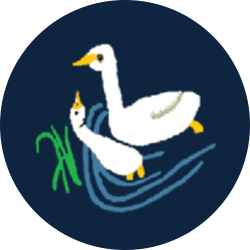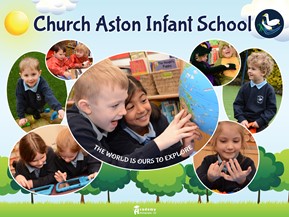The World is Ours To Explore
Intent
Through our curriculum we aim to develop children who are active independent learners striving to fulfill their potential, who show resilience and can respond positively to challenges.
We aim for our children to be articulate and confident in a variety of situations.
Our curriculum is inclusive and adaptable to suit individual needs when necessary.
Even though our children are some of the youngest learners they are exposed to a range of cultural experiences.
Our curriculum is topic based which allows for cross -curricular learning that helps our children use natural links between subject areas to provide memorable learning.
 Our curriculum encourages children to show respect and care for others and the world around them. It is closely linked to the community that the children live within as well offering opportunities to explore the wider world.
Our curriculum encourages children to show respect and care for others and the world around them. It is closely linked to the community that the children live within as well offering opportunities to explore the wider world.
We use first hand experiences, quality literature, ICT and a range of other stimulus to enhance the context by which children access and consolidate knowledge, skills and attitudes.
Our curriculum has a clear progression of both knowledge and skills from early years to the end of Key Stage 1. It allows for depth of learning with repetition for overlearning if need be.
Implementation
To ensure effective delivery of the curriculum at Church Aston, we link the statutory requirements for each subject within EYFS Curriculum and Key Stage 1 Curriculum and deliver it through engaging and relevant topics. This is outlined in our curriculum offer. Progression for children’s learning is achieved by identifying the skills and knowledge that children need to acquire over time in each subject area. We aim to build on prior learning from whichever starting point each individual child is at. Our progression grids for each subject show clearly how new learning of skills and knowledge between EYFS , Year 1 and Year 2 is developed. This is delivered as part of well taught and appropriately sequenced lessons which relate well to the context of the topic taught. A range of ongoing and summative assessments are made throughout the teaching to ensure both staff and children recognise that they are knowing more and remembering more.
Impact
School evaluates how well our children are learning the content outlined in the curriculum through:
School assessments and progress data which is analysed by headteacher and staff in regular pupil progress meetings.
Children’s outcomes, through book scrutiny and discussions with children.
Lesson observation
Feedback from parents
The impact of our curriculum on our children’s learning will enable them to express what they have been learning, how they have been learning and why it is relevant to them or the wider world. It will give them a thirst for further learning and the skills and knowledge to help them as they endeavor to move into KS2 confidently, enthusiastically and creatively. Setting them on the beginning their own personal journey of independent learning.








